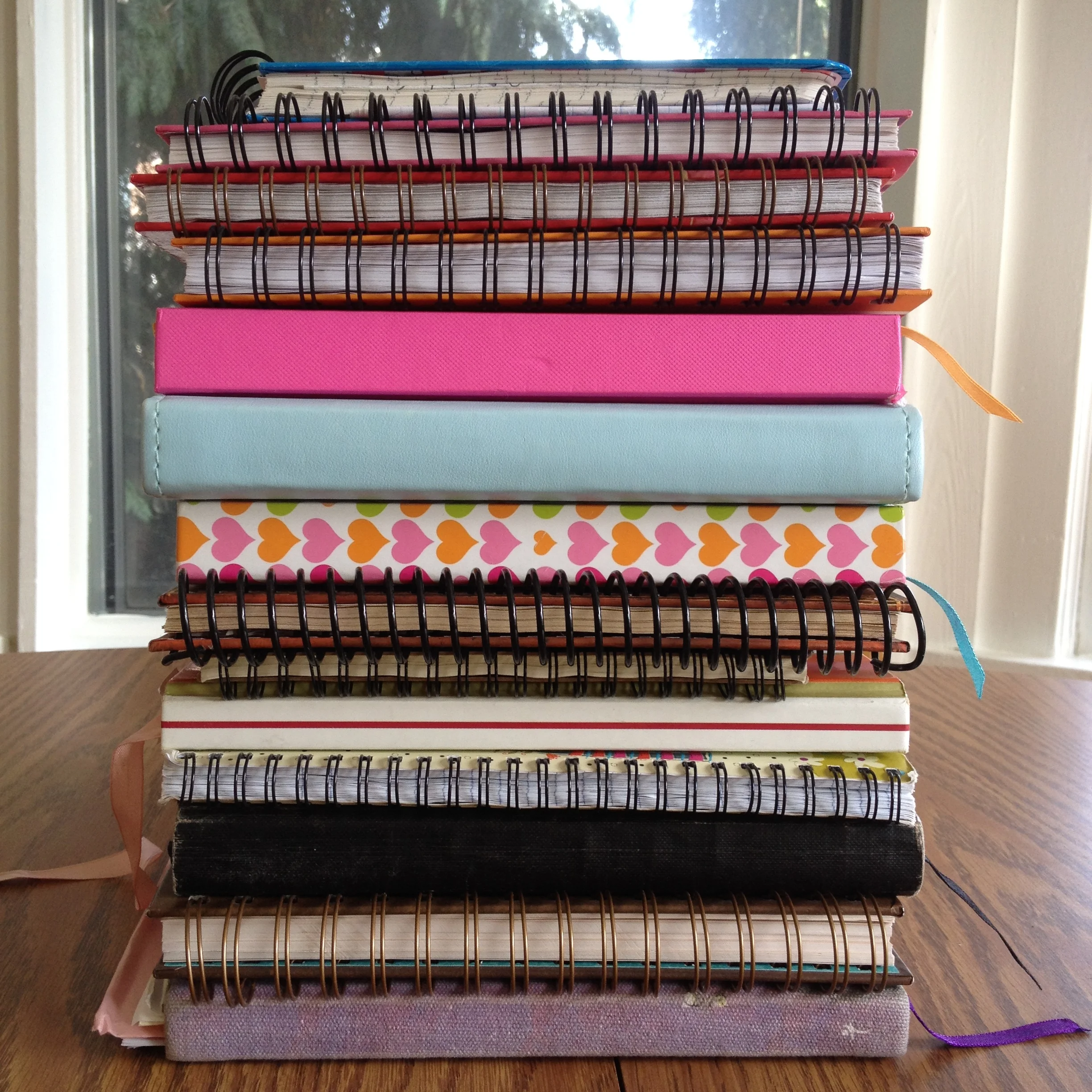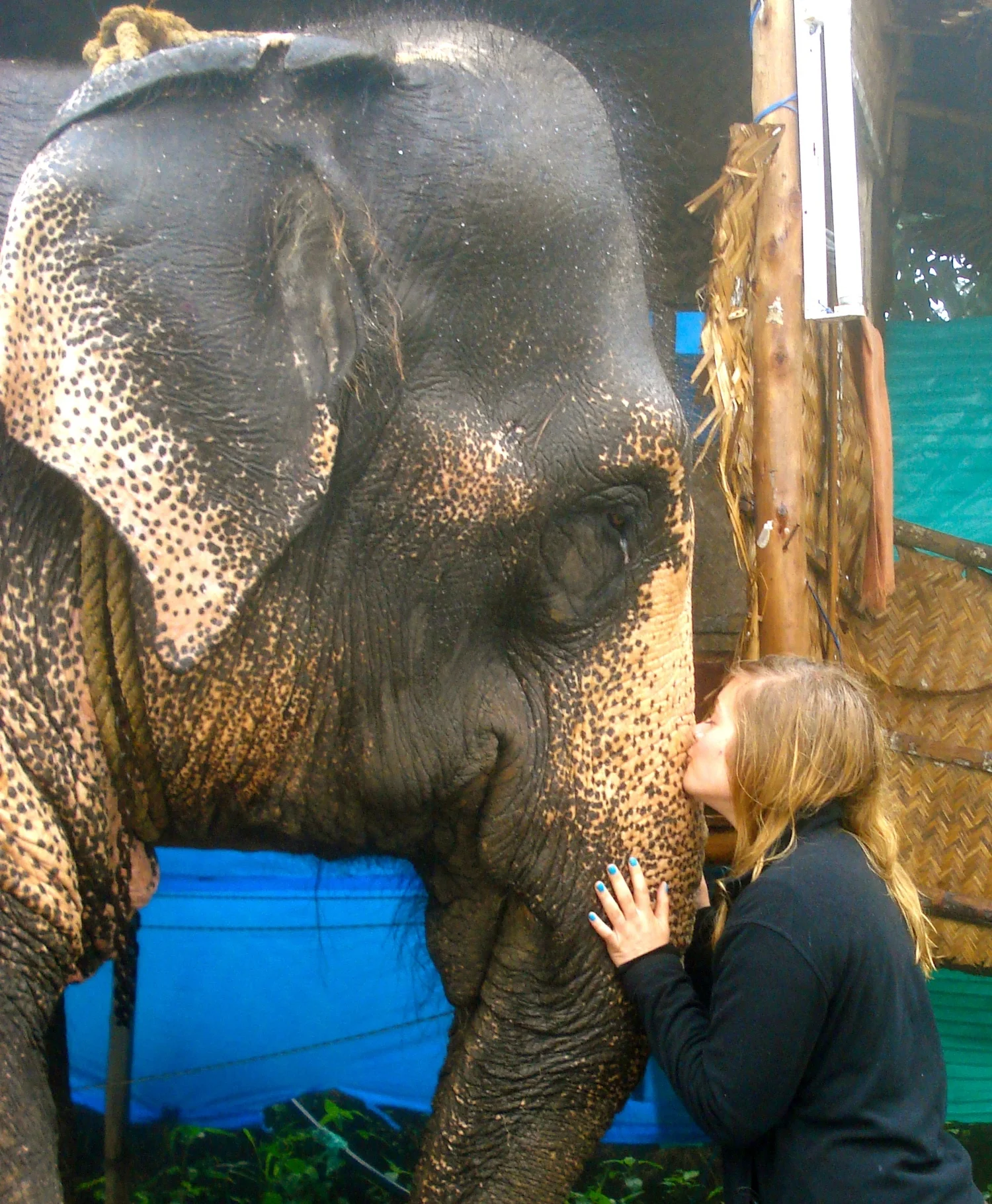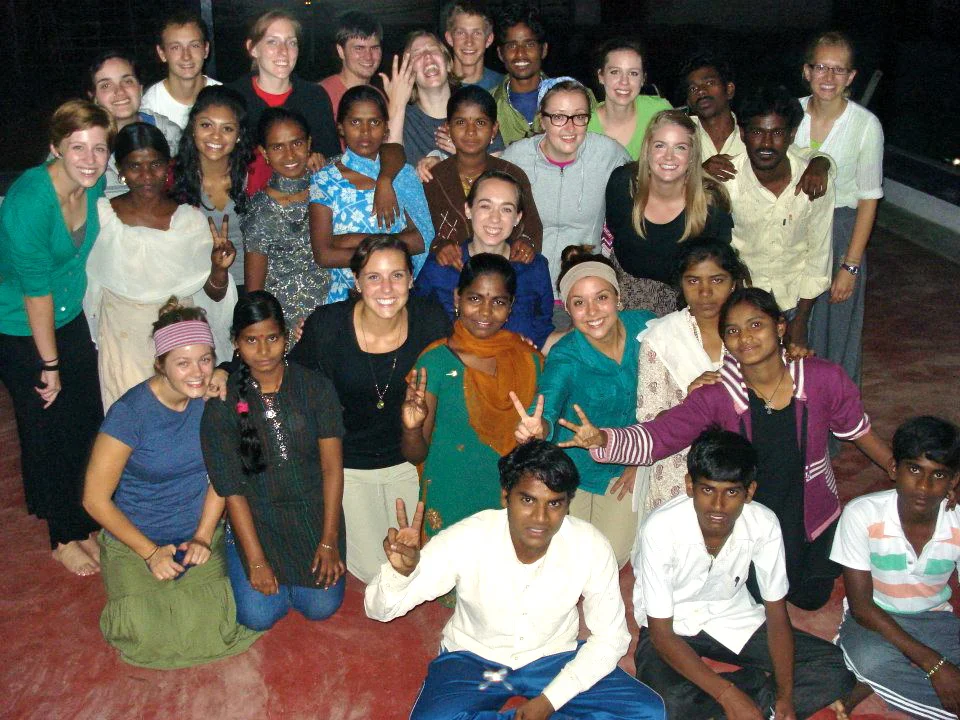what i know to be true.
/The year was 2017. Megan was on her annual trip to Portland. It was probably grey and rainy and cold outside. We’d probably had a late night the evening before. And, if those two things were true, then we definitely didn’t want to do much on whatever day this was written — lounging, watching New Girl, drinking coffee, reading our new books from Powell’s. And, when we’d cycled through all those, we did what any gals born in the early 90s do with a notebook, pen, and some time to kill.
We played a game of MASH.
You remember this game, right? The one where your entire future is determined by the size of a spiral circle your friend draws. The one where the most important pieces of your future are not only the city where you’ll live and the job you’ll have but also — at least in my preteen versions of MASH — the color of the car you’ll drive and the kind of wedding dress you’ll wear. (I went through a looooong, weird phase in middle school where everything was going to be silver. Silver house! Silver car! Silver wedding dress!) From these games, I’ve married countless exes and crushes and celebrities. I’ve been a therapist and a teacher and the winner of American Idol. And I’ve had anywhere from one to seven to 25 dogs and children (but, always, always a dog).
From the start, I knew MASH couldn’t accurately predict my future. I knew it was just a game. I knew that what was written on these pieces of paper wouldn’t come true. It couldn’t! Probably not. And yet, I’d always pin just a little bit of hope or wonder on the every-fifth-answer that got circled. Even as an adult, I’d think, “Well, maybe I could be a Broadway actress. Maybe, in another life, I could meet and marry Ryan Gosling. Maybe I could move to Norway. Or New York City. Or Minneapolis.”
Megan and I have written lots of things in notebooks together over the years — goals, resolutions, diaries of our trips together so we always remember the four hours we spent at an AT&T on New Year’s Eve or the random house party we went to in Arizona. And we’ve played many games of MASH throughout our friendship, too — while waiting at the airport, flying on planes, during sleepovers. So this one game where MASH told me that I’d be moving to the Twin Cities didn’t stick with me. I didn’t have any big revelations once it was circled. I didn’t set my sights on moving to the Cities right at that moment, or make an action plan and move forward with it as soon as the game was done. It was circled (along with the rest of my MASH-decided life plan), and then I moved on.
I’ve wondered about living in the Twin Cities for a while, but those wonderings never turned into anything more than that. I wasn’t sure I’d ever live there, especially after planting myself back in Fargo-Moorhead. But then the world changed this spring, and so did my plans. And so did my ideas of what I thought I would do next, or could do next, or wanted to do next.
So my tentative wonderings about the Twin Cities turned into more serious wonderings. And then those more serious wonderings turned into tentative conversations. And then those tentative conversations turned into something more: “Maybe I can do this.”
But moving is exhausting, job searching is overwhelming, and both of those things feel particularly heightened and hard during this time in the world. Was I really going to do this? Was now the right time to do this? And, even at almost-30 years old, I’ve asked myself too many times: Will other people think this is the right choice?
I found myself thinking about that word — right — a lot. I’d catch myself wondering if my plans were right or wrong, easily switching into either/or thinking, even though I try to keep my feet planted in the world of both/and. Who’s to say what’s right or wrong for my life, except for me? Through it all, while I’ve been trying to shift away from wondering if what I’m doing is right, I do know one thing.
These wonderings that turned into conversations that turned into, “Okay! I’m doing this?! I’m doing this!” felt good. They felt true. I felt that it was “right,” not in that there was an unlived, opposite, “wrong” choice. But it was right because I felt it deep in my bones, even when I’ve been nervous and scared of the unknown. Even when I know I’m going to miss my mom and dog, my cozy apartment, the life I’ve built and lived in Fargo-Moorhead. Even with all that, this still feels like the truest choice I can make for myself right now.
After I had my first tentative conversation about moving to the Twin Cities with Megan, she pulled out that same notebook and handed me the slip of paper at the top of this post. She’d saved that little square of mine, knowing that one day this circled “Minneapolis” might become more than a MASH answer.
A few weeks later, she mailed me this quote by Cheryl Strayed: “Trusting yourself means living out what you already know to be true.” I wrote this quote, probably five years ago. I sent it to her in a card, while she was in the middle of her own deep figuring-things-out phase. It’s lived on her fridge since then, but made its way back to me. Soon, it’ll find a home in our new place.
So, I’m moving to the Twin Cities next month. Now, this is more than an answer made by a spiral circle. It’s a deliberate choice I’m making for this next phase of life — on and off paper.
Here’s to this next, true thing in my life. Fargo, I’m not going far — the drive is the perfect distance to listen to the Hamilton soundtrack in its entirety and sit with your feelings for awhile. Come stay with Megan and I in our cutie little duplex once things calm down. All are welcome for a drink on our patio.
And Twin Cities, hi! I’m so excited to get to know you.







